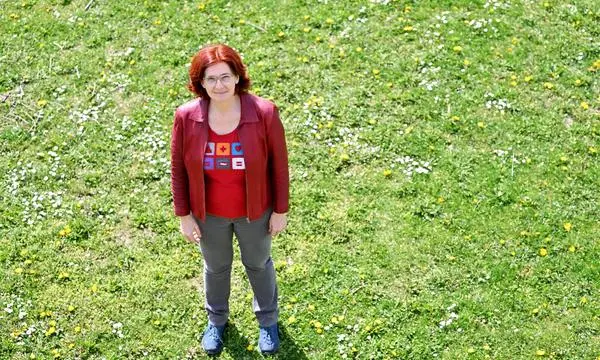3D heart scans from II accelerate diagnosis and treatment

Britain’s National Health Service (NHS) has announced that 3D -hearted revolutionary scans, led by artificial intelligence, reduce the need for invasive tests and have already saved millions of pounds.
« Now applied to 56 NHS hospitals in England, smart technology enables doctors to diagnose and treat patients with suspected heart disease much faster by turning a CT scan (computer tomography) into a personalized 3D image, which is then analyzed using artificial intelligence, » NHS said.
NHS said the tool helps to give tens of thousands of patients at risk of coronary heart disease, potentially life -threatening, a faster and more accurate diagnosis and also releases capacity in the country’s health system.
One of the patients who benefited from technology said it was not a classic case of coronary heart disease, but this technology enabled the rapid identification of the cause of the symptoms, which was potentially salvation.
According to the new study of technology use, published in ‘Nature Medicine’, this method of artificial intelligence reduced the number of patients who needed invasive angiography tests with one six or 16 percent in cases where it was later found that further treatment was required and 7 percent in general.
« The number of second heart tests that patients needed within a 2-year period also decreased by 12 percent, » the study said.
Recent data from NHS show that more than 24,000 patients have so far benefited since the technology was released to NHS hospitals in 2021.
The NHS announced that during 2024 a total of 6.898 patients had access to the analysis directed by artificial intelligence, called ‘Heartflow’.
Vin Diwakar, the National Director of NHS Transformation in England, said the new technology uses specialized heart scan analysis to create a personalized 3D pattern of patient coronary arteries and to evaluate the extent and location of the blockages, which are interpreted by a cardiologist.
« These results show that this technology reduces the need for tests in order to undergo patients only by the necessary treatments, demonstrating how artificial intelligence technology can improve care, as well as increase the efficiency in NHS, » said Timothy Fairbair, clinicist leader in the study, which is also a cardiologist at the Liverpool Hospital. / OS/ ATSH





